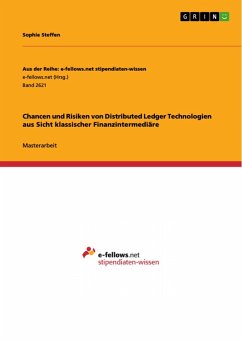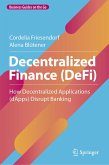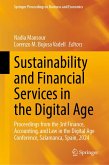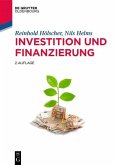This study delves into the impact of blockchain-based bonds on corporate financing and the bond market, with a specific focus on Germany. Utilizing qualitative insights from 19 experts, it compares blockchain-based bonds with traditional bonds, explores market-adoption dynamics, assesses the evolving roles of market intermediaries, and considers future development prospects. The findings suggest that blockchain-based bonds could offer longterm benefits in terms of accessibility, overall risk, cost efficiency, and transparency. However, they currently face significant challenges, including technological fragmentation, high liquidity risks, large investment requirements, and regulatory complexities. Market adoption is still in its nascent stages, with development initiatives like the DLT Pilot Regime not yet making a substantial impact. The study also highlights a potential shift in the roles of market intermediaries in the blockchain era, indicating new functions and possible obsolescence for some traditional roles. Experts offer varied predictions for the future of blockchain-based bonds, from the possibility of replacing traditional bonds to serving as complementary solutions or being superseded by other digital approaches.
About the author
Maximilian Markus Grossmann dedicates his research to blockchain technology and currently focuses on its influence on traditional means of corporate financing. He conducts his research at Frankfurt School of Finance & Management.
Dieser Download kann aus rechtlichen Gründen nur mit Rechnungsadresse in A, B, BG, CY, CZ, D, DK, EW, E, FIN, F, GR, HR, H, IRL, I, LT, L, LR, M, NL, PL, P, R, S, SLO, SK ausgeliefert werden.









